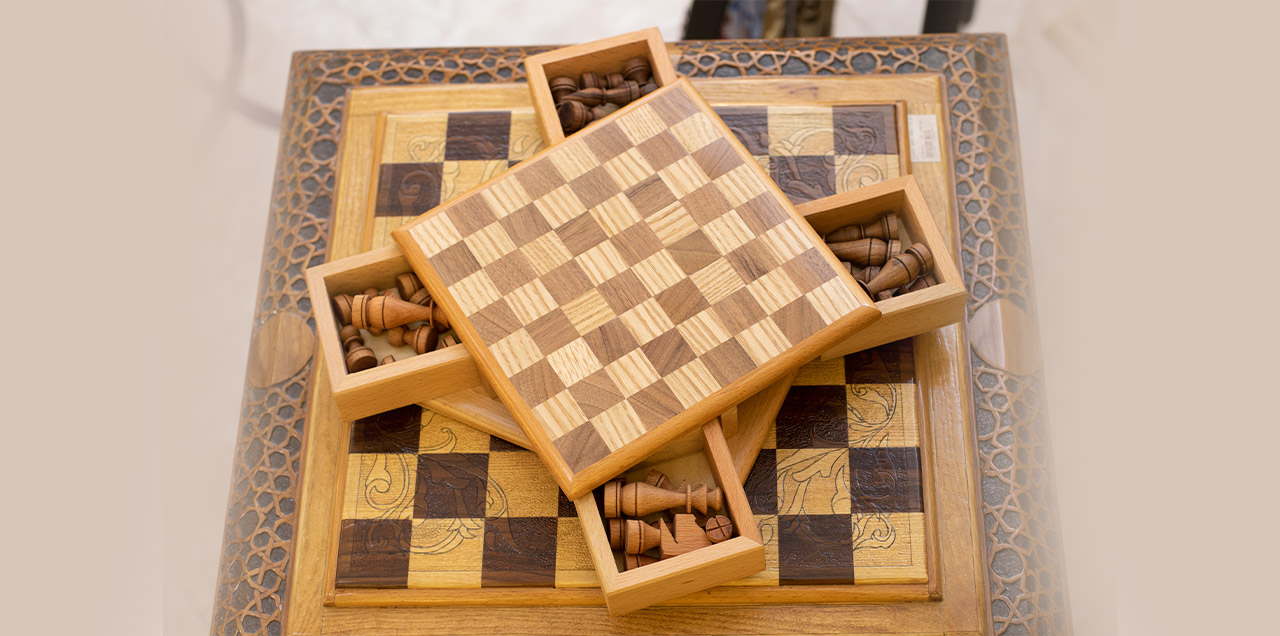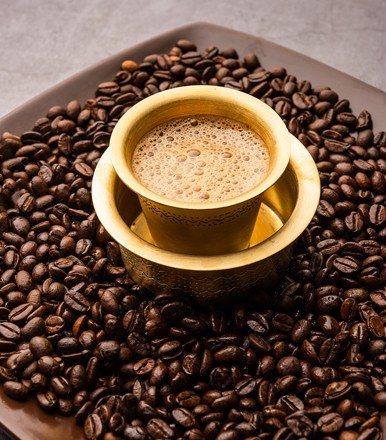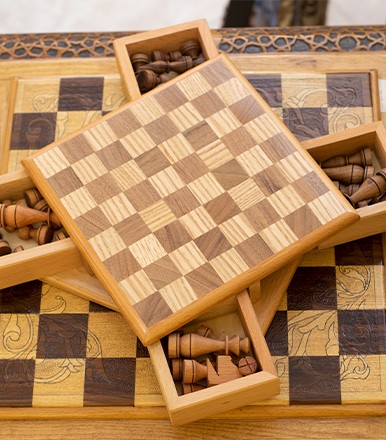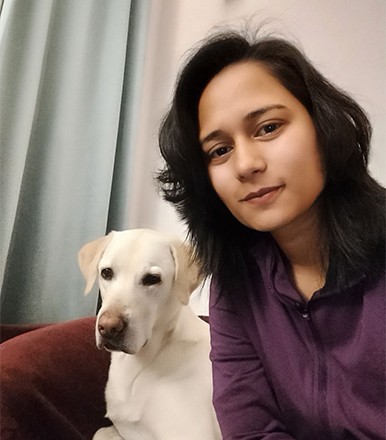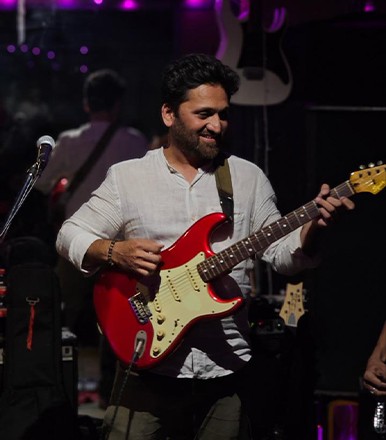India is often referred to as the perfect representation of the Orient. A mystical land with a cultural heritage and rich legacy of tradition. The Indian subcontinent is often represented as a land of colors and rituals, especially in modern media.
Indian history, however, has offered much more to the world than people know about. In this article, we will unearth Indian sports and celebrate the enduring spirit and cultural roots of these games that have captivated generations at home and left an indelible mark on the world stage.
Board Games that originated in India
The board games of India have stood as the silent witness of the passage of time and have become a part of our traditions that have transcended generations.
-
Chess
One of the world’s most renowned games, Chess, originates in India. It is believed to have been played and used by courtiers and strategists in the 6th Century AD. It represents military units such as infantry, cavalry, elephants, chariots, a general, and a king. Chess was considered an excellent practice for planning battle strategies.
The game has a predecessor in ancient Indian history called “Ashtapada.” It was played on a board divided into an 8X8 grid of squares. Back then, all the squares were the same color, unlike the modern version of the game.
Chess originated in Northern India and spread across Persia and China during the Hans Dynasty. The Muslim reign over Persia and some parts of Europe took the game to the West, where countries like Germany and France made it their own and coined the term “Shach” (game of kings) or “Eches” (to fail), eventually leading to its English and most accepted name Chess.
-
Ludo
Another Indian game that has withstood the sand of time and has emerged as one of the most loved games in households all around the globe is Ludo.
The game’s origin can be traced back to the royal courts during Mahabharata. During that time, it was known as “Chaupar or Chausar,” which involved tokens being moved around the mat in the role of a dice.
Later records suggest the game was present in the court of Mughal Emperor Akbar. It was known by a different name called “Pachisi.” His courts in Agra and Fatehpur Sikri have a huge floor divided into red and white floors, which he used as a game board, according to the book India and its Native Princes by M.L. Rousselet.
The British conquest took the game to Europe, where it was dubbed Ludo, which in Latin means I play. Today, the game is renowned worldwide by different names in different countries but follows similar rules.
-
Snakes and Ladders
“Moksha Patam” or “Gyan Chauper” is one of the oldest board games, influenced by “Chaupar.” Before becoming a household entertainment in India, the game was invented and used to teach morality and promote liberation from bondage and passions.
The snakes in the game represent Vices in the world. The ladders are the Virtues. Therefore, Snakes (vices) will always bring you down, while the ladders (virtues) will help you reach a higher and better place in life. Meanwhile, the 100th tile on the board represents Bliss or Nirvana.
The West’s most popular version of the game is the Chutes and Ladders.
Other Games
Several sports outside the realm of board games have been wrongly acclaimed. Let’s delve into the history of these games for better understanding.
-
Polo
The “Sport of Kings,” as the world knows it today, Polo has quite a disputed history. Some sources claim it might have originated in Persia and later spread to the rest of Asia.
However, that doesn’t take away from the fact that India created the modern version of the game. The state of Manipur is where Polo took shape.
Later, it was popularised by Babur of the Mughal Empire in the 15th century. He was a great admirer of the sport, so Akbar later emerged as an outstanding player. He was the first to set up rules in the 1560s & invented an illuminated ball for playing at night.
In British-ruled India, the first European Polo Club at Silchar was established in 1859 by Joseph Shearer and Captain Robert Stewart. In 1862, he founded the Calcutta Polo Club, the oldest surviving polo club in the world.
-
Bullfight
Over the years, Spanish-style bullfighting, also known as the “Corrida de Toros,” has become world famous. Everyone associates the style with Spain or other Latin American countries like Mexico, Colombia, Ecuador, and Venezuela.
But would you be surprised if we told you that an ancient version of this sport exists in India? Jallikattu, the traditional sport of Tamil Nadu, celebrated after Pongal, is the predecessor of what is known as modern-day bullfighting.
Jallikattu is known as bull taming sport, where a trained bull is let into an arena, and the participants are to catch it and hold on to it. Unlike modern-day bullfighting, no bulls are maimed or eventually mortally injured in the Indian version of the sport.
-
Martial Arts
Martial Arts, often erroneously attributed to China, has roots deeply embedded in India, marking a rich and ancient history that predates its global dispersal. Originating over 5,000 years ago in the Indian subcontinent, ancient texts, and scriptures reveal the existence of diverse martial arts forms, emphasizing both armed and unarmed combat techniques.
These disciplines, collectively known as Kalaripayattu, encompassed strikes, kicks, grappling, and weaponry training. The Buddhist monk Bodhidharma is credited with introducing these techniques to the Shaolin Monastery in China, influencing the development of Chinese martial arts.
Despite its Indian genesis, Martial Arts, particularly Kalaripayattu, became obscured over centuries. Today, countries worldwide, including China, celebrate and practice martial arts, often unaware of its true Indian origin.
In conclusion, India's sporting legacy has crossed landscapes, offering the world timeless games. From chess, ludo, and snakes and ladders, Indian board games intertwine strategy and morality. In polo, known as the "Sport of Kings," India shaped the modern game. Jallikattu, a bull-taming sport predating Spanish bullfighting and martial arts, originates in Kerela and showcases India's ancient influence. This popularity of sports reflects India's enduring impact on global gamesmanship.
Hello Fitness Magazine is your go-to source for the latest trends, tips, and insights on health and wellness. From nutrition advice to workout routines, we're dedicated to helping you live your best life. Ready to embark on your journey to better health and well-being? Visit Hello Fitness Magazine today for expert advice, inspirational stories, and actionable tips to help you reach your goals. Whether you're looking to improve your diet, ramp up your fitness routine, or prioritize self-care, we've got you covered. Get started now and say hello to a happier, healthier you!




